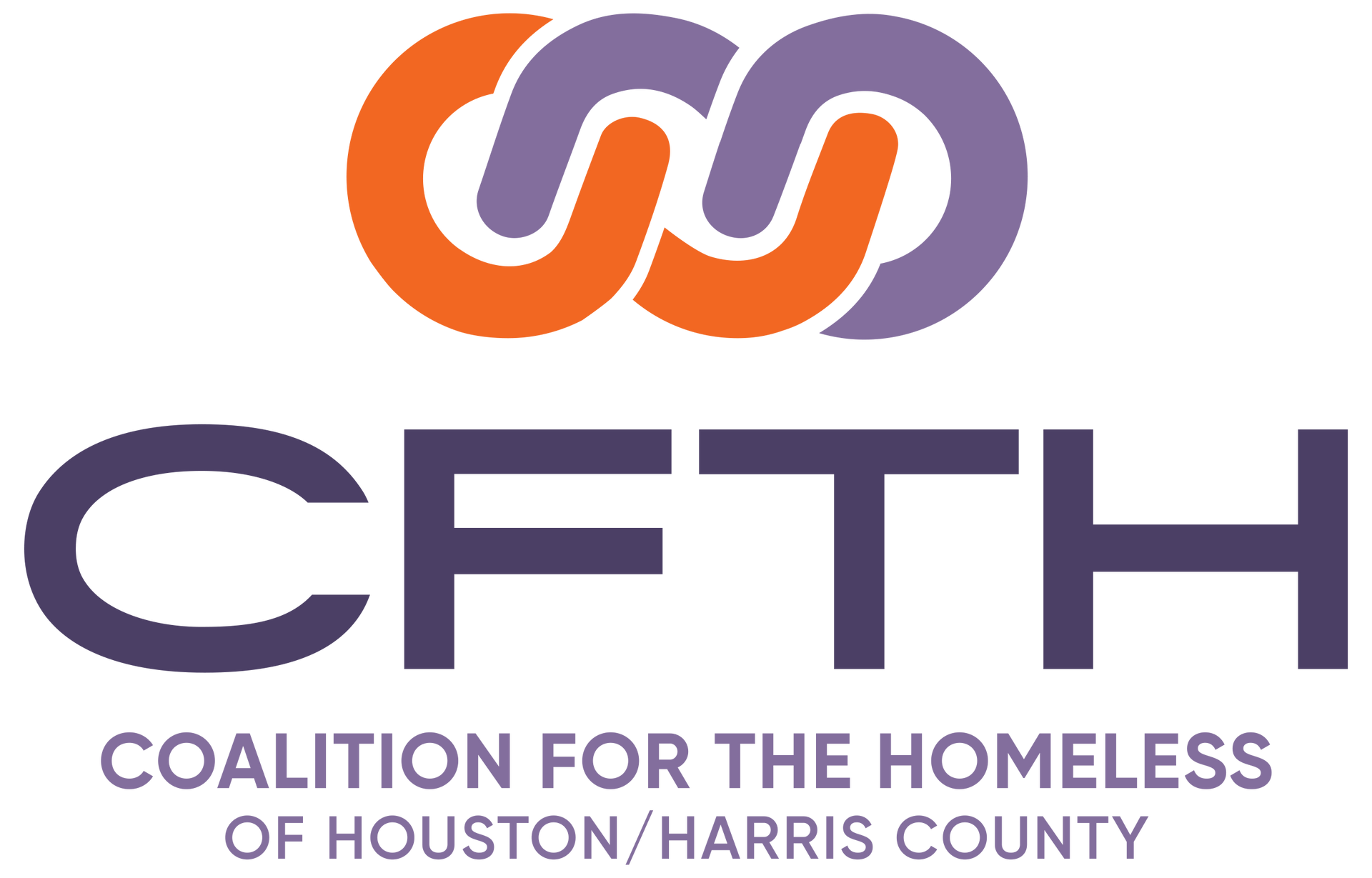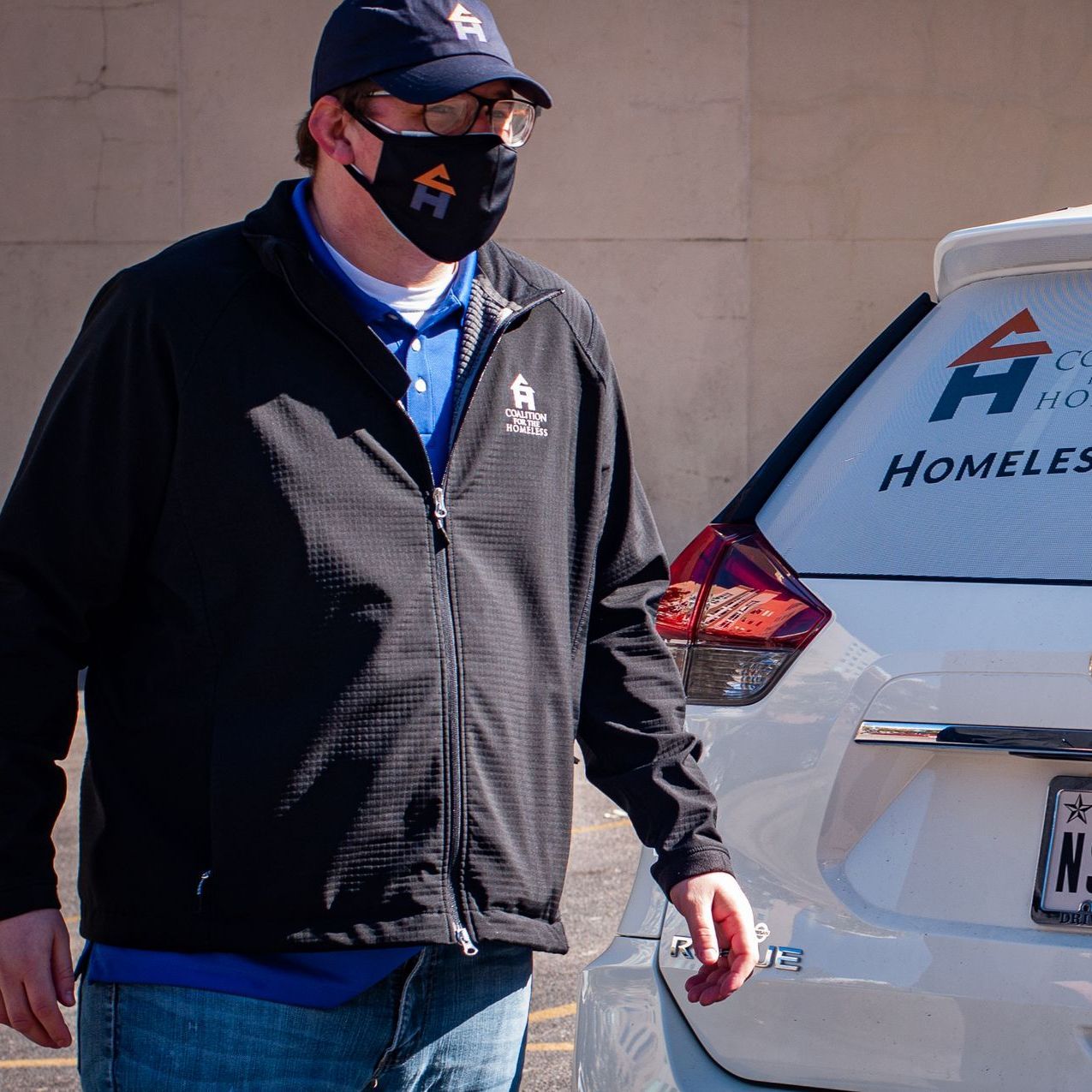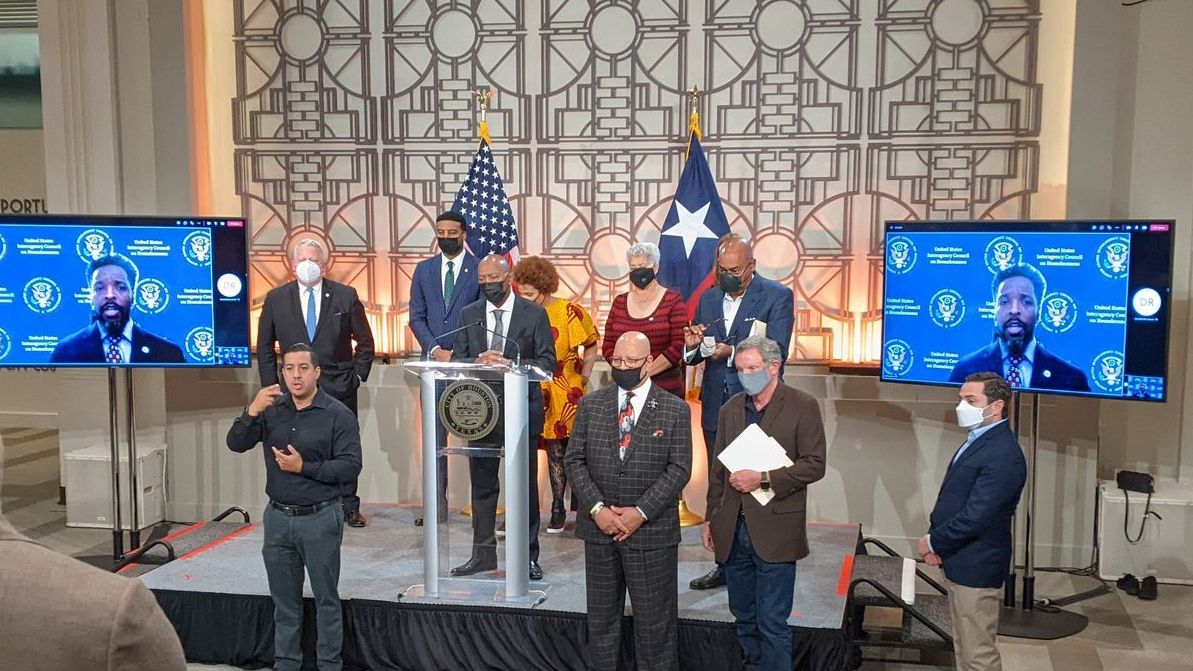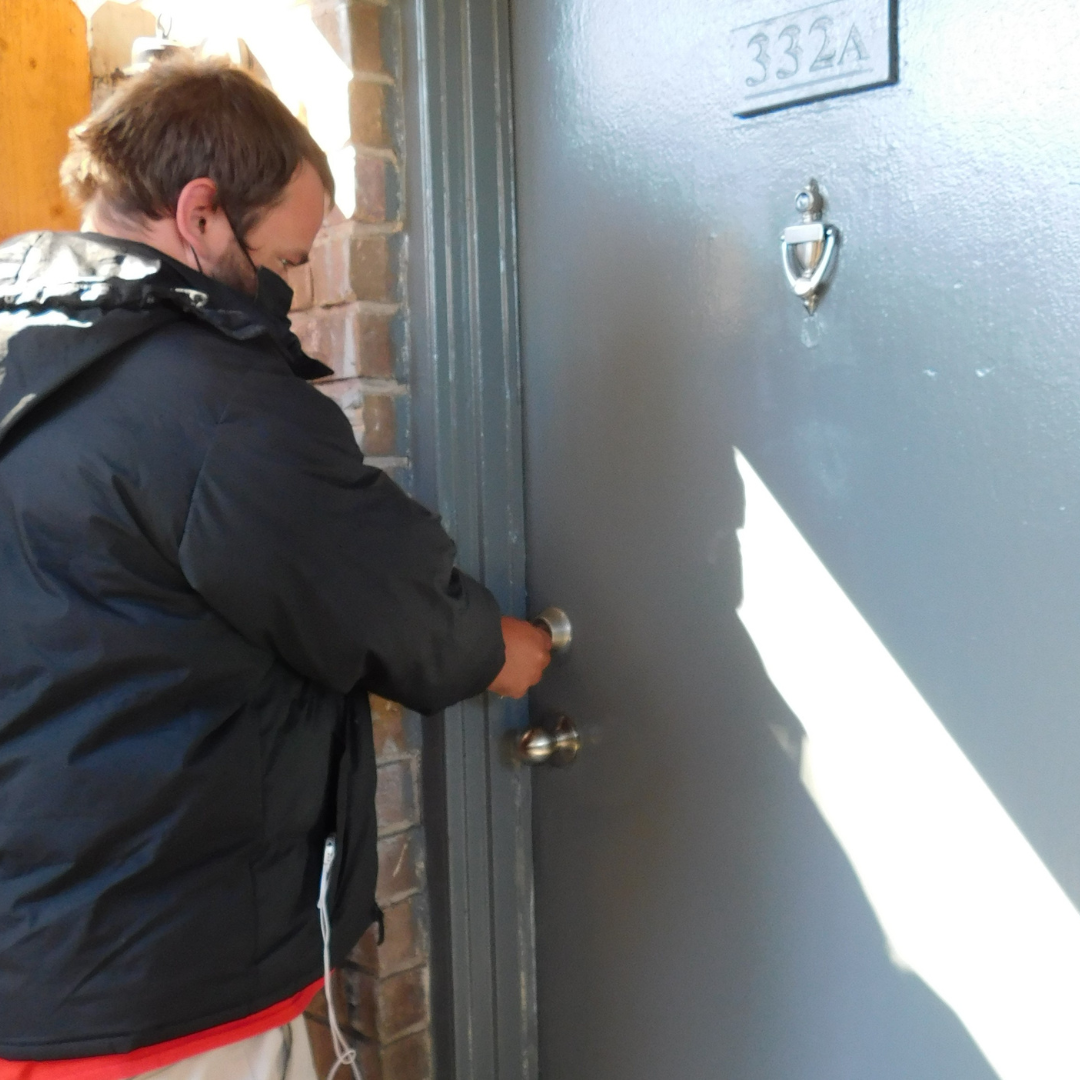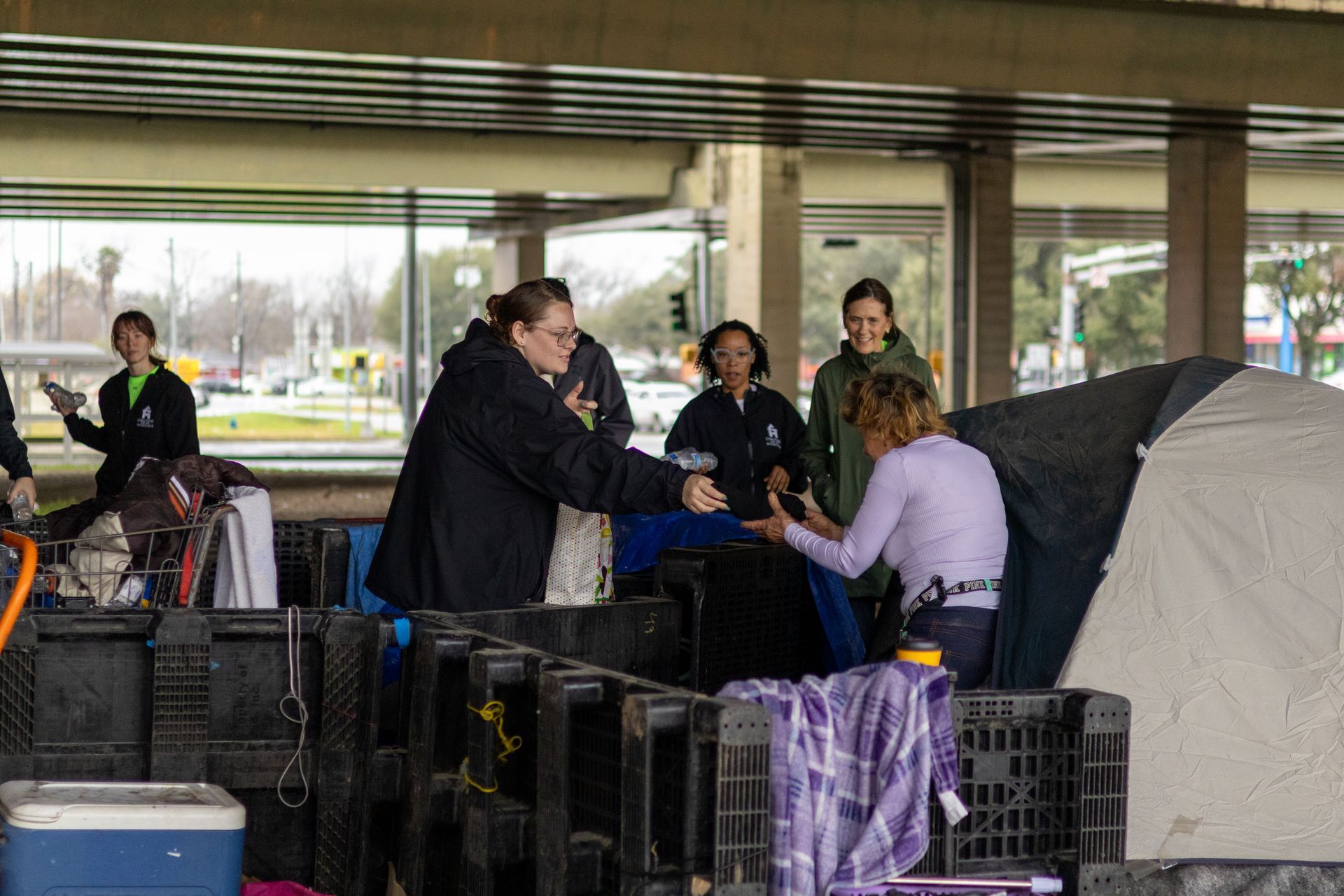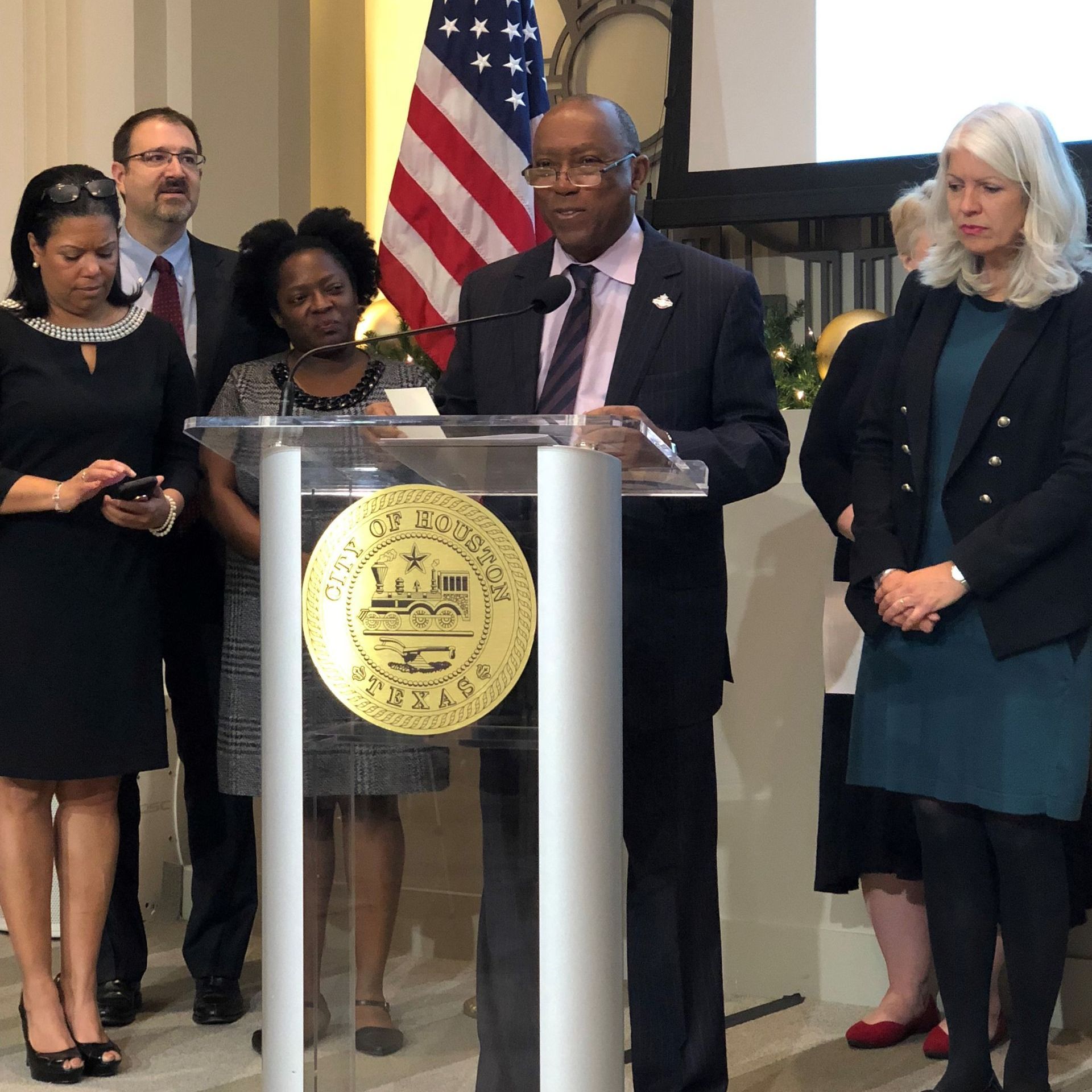Creation of CCHP
CFTH, in collaboration with the City of Houston and Harris County, launched the Community COVID Housing Program (CCHP). This $65-million initiative aimed to serve 5,000 individuals in phase one of the program and 7,000 individuals in phase two, focusing on:
- Permanently housing those experiencing literal homelessness, including individuals in shelters, encampments, or on the streets.
- Preventing potential homelessness resulting from the economic impacts of COVID-19.
Challenges and Collaboration
One of the biggest hurdles in launching CCHP was the speed at which our system had to act. While urgency was necessary to help those most vulnerable, we moved faster than what our internal systems were prepared for.
Despite the challenges, CCHP demonstrated the power of cross-sector collaboration. Our partnership with the City of Houston and Harris County was essential in making the program work. Their willingness to adapt allowed CCHP to start up quickly and reach thousands of people at risk. Additionally, CCHP strengthened our partnership with The Harris Center for Mental Health and IDD, Houston’s local mental health authority. Their various teams played a crucial role in ensuring that people experiencing homelessness had access to mental health services and supportive care.
This level of collaboration set the tone for how we work together today. It demonstrated that when government agencies, nonprofits and service providers align behind a shared goal, real solutions emerge at scale.
